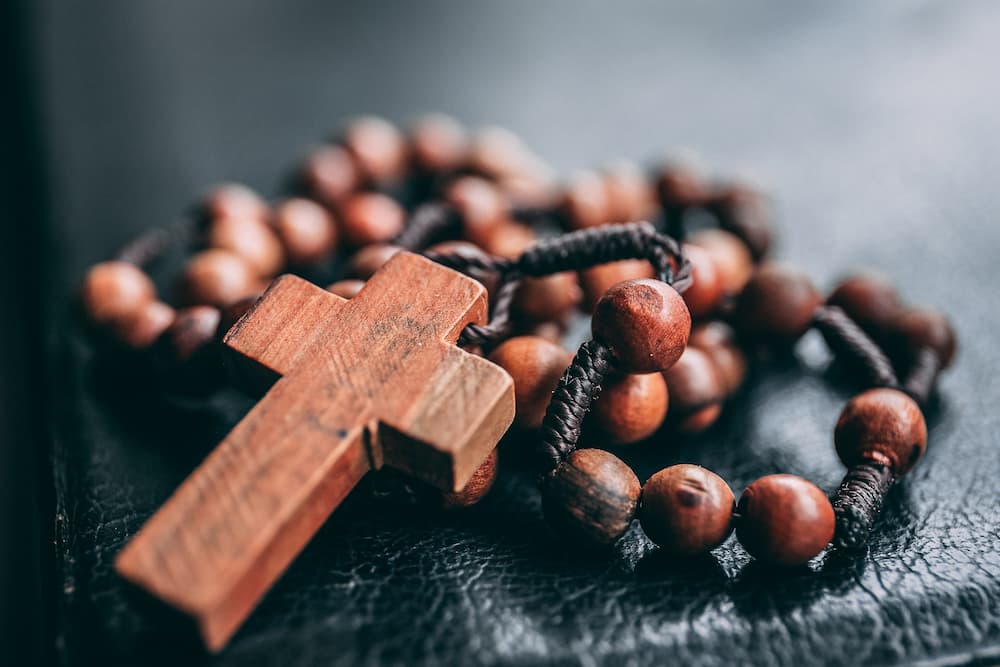The majority of the world’s population is not religious. According to studies, there are 942 million atheists in the world and 1.1 billion “non-religious” people. There are only around 500 million Buddhists, 400 million Christians, 360 million Muslims and 13 million Jews worldwide – meaning that those with no religious beliefs outnumber the followers of most religions.
Why do we call them “non-religious”?
It is because these people who don’t follow a religion still have some sort of belief. While many say they believe in deities or a higher power, for example, most will not go as far as actually praying to such an entity on a regular basis, attending services at places of worship or engaging in other such regular religious rituals.
The number of people who call themselves atheists has been rising in the West, while religion is seen as a dying force elsewhere. According to studies by WIN/Gallup International, 53 percent of French residents considered themselves “not religious” at all and 34 percent believed that “there is no God”. In Europe, this picture was mirrored almost identically across the board – from Norway through to Portugal. In Asia things were slightly different – only 33 percent of Japanese respondents said they had no religion and 50 percent claimed to be Buddhists (the majority practicing Mahayana Buddhism).
Non-believers make up around 30% in much of Africa and Latin America and 10% in predominantly Muslim countries but under 1% in China.
The most religious regions in the world are Oceania, Africa and Latin America. Around half of all people in these regions professed to follow a religion.
What is the most popular religion?
Well, there isn’t one that is followed by more than 50% of the global population – but it’s undisputed that for many who identify with some sort of belief, God or gods are at the top of their list. In 2014, a Pew Research Center study claimed that some 77% of the world’s population identified with a religion, 23% were unaffiliated and 1% were atheists. That meant that almost 7.2 billion people believed in God at the time – which means about 553 million believed in different religions besides Christianity, which is by far the most popular faith.
The researcher who conducted the study, Conrad Hackett, said that “the new report suggested that those claiming to be unaffiliated with any particular faith outnumbered atheists and agnostics. But this was because atheism and agnosticism were defined in the survey as “lack of belief in God or gods rather than as self-identification”. That is why more people claim no religion at all – but it doesn’t mean they don’t believe in anything at all.
People tend to find themselves within a certain religious group during childhood. Mark Chaves of Duke University wrote: “Most people retain the religion into which they were born, and – whatever some activists may argue – seldom switch religions.”
USA
The US is one of the most religious countries in the western world. Around 65% of Americans consider themselves Christians (more than 2/3 Protestants and 1/3 Catholics). According to a 2015 study, more than 6 out of 10 Americans identified with some denomination of Christianity. An additional 5% were unaffiliated (atheists, agnostics and those who identified as “nothing in particular”).
The difference between the number of people who consider themselves Christian and the number actually practicing Christianity can be explained by various sociological factors – for example only 20-25% of Catholics regularly go to mass on Sundays.
A survey conducted by The Barna Group in 2009 discovered that 75 percent of American teenagers identify with Christianity or Catholicism when they are teenagers. By the time they turn 29, that figure has dropped to 56 per cent for Catholics and 53 per cent for Christians in total.
On the other hand, when asked if they believe in God, 95% answered affirmatively (in Europe this number was 90%).
The really interesting part comes next though: of these who believed in God, only 30% said that it was absolutely essential to their lives; 60% of Catholics nevertheless said that religion played an important role in their lives; 80-90% regularly celebrate religious holidays like Christmas or Easter; 70% support prayer in school (and 33% say they pray every day); 48% worship at least once a week and 32% say they feel God’s presence at least once a week.
According to David Kinnaman, who conducted the study, “these are relatively hopeful signs that faith is not dead”. He added that “there are many reasons for optimism about the ongoing role of faith in American life”.
Archbishop José H. Gomez claims that quite often Christian parents are just as fascinated by consumerism as their children are and quite often feel the need to compete with it. This is why they allow their children more freedom than they would otherwise – but only because it makes them happy, not because they want them to be free or question everything around them. On the other hand, there’s growing pressure on parents to take part in practices like yoga classes or private school which can be perceived as an effort to distance themselves from the community.
